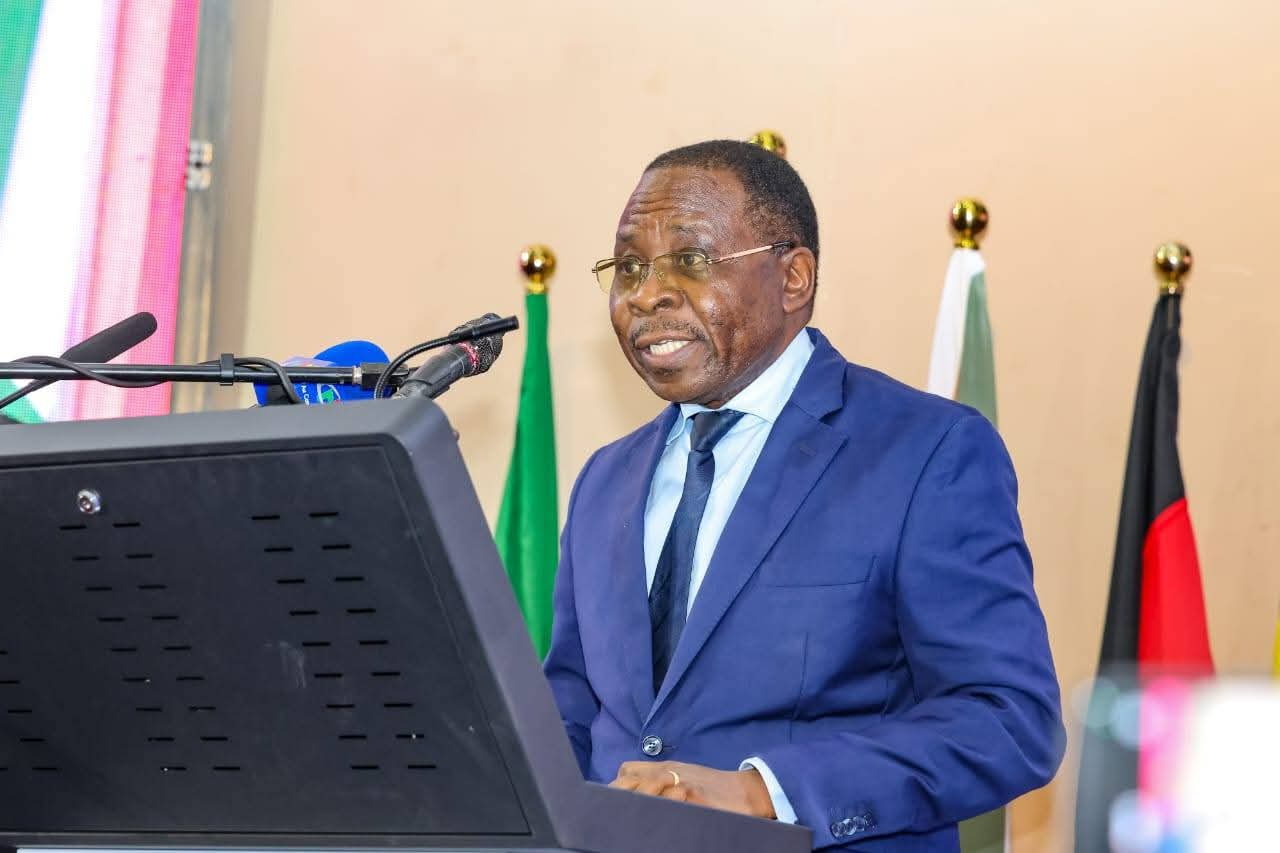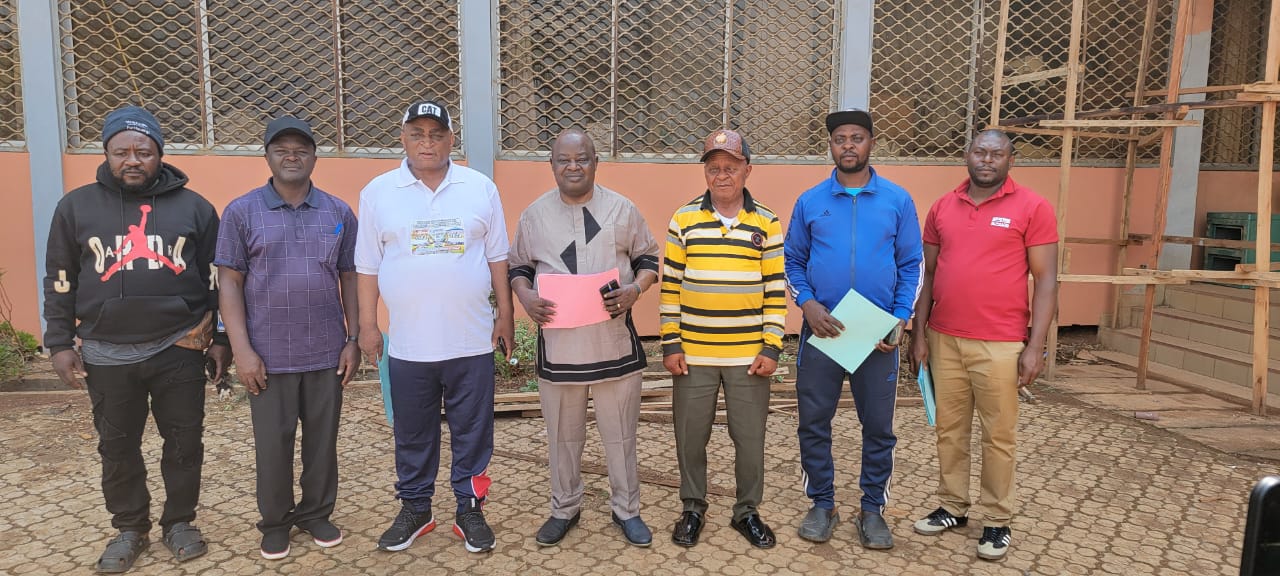The Ivorian government plans to introduce electric vehicles in the transport system and to deploy electric charging stations across the country.According to Mr. Etien Nda, in charge of coordinating the project, despite this desire, “there is no legislation in Cote d’Ivoire” on electric vehicles and the installation of electric charging stations.
To this end, the government is preparing a decree to set the regulations.
To limit greenhouse gas emissions, developed countries have committed, under the Paris Agreement and other international commitments, to produce and use electric vehicles from 2030 or 2035.
This forces developing countries to adapt to this technological requirement in the automotive sector, driven by the reduction of the environmental footprint.
In this context, the World Bank is financing a dedicated training school in the country’s central city of Bouake.
On the road linking Abidjan to San-Pedro (350 km), the project provides for the installation of electric charging stations, Mr. Etien Nda said, stressing that compliance with standards, security of supply and security of terminals were under study.
The government is also studying the issue of VAT (Value Added Tax).
From the District of Abidjan to Bouake, motorists will pay 5,000 CFA francs for an electric vehicle, compared to 30,000 CFA francs for the price of fuel required for the trip.
Mr. Nda said that the issue of VAT was under consideration at the Ministry of Budget and State Portfolio, noting that used electric vehicles are already imported into Cote d’Ivoire with the start-up Auto 24.
The electric vehicles could lower the cost of operation and rates in the transport sector.
On the other hand, the state could see its tax revenues fall in the transport sector, where fossil fuel is used to produce fuel.
With the Smart City project, in Plateau, the business center of Abidjan, there will be a pool of electric vehicles that people will use to circulate in the town, revealed Mr. Etien Nda, in charge of coordinating the project.




